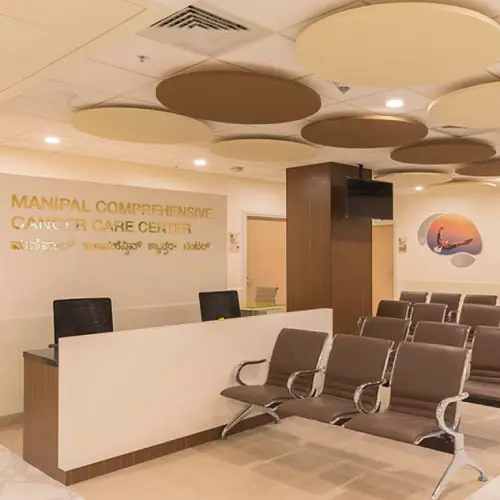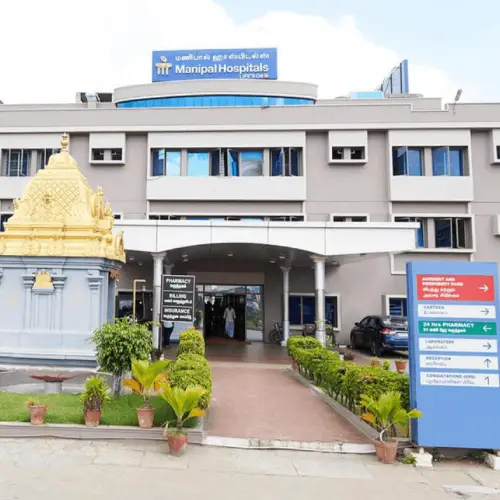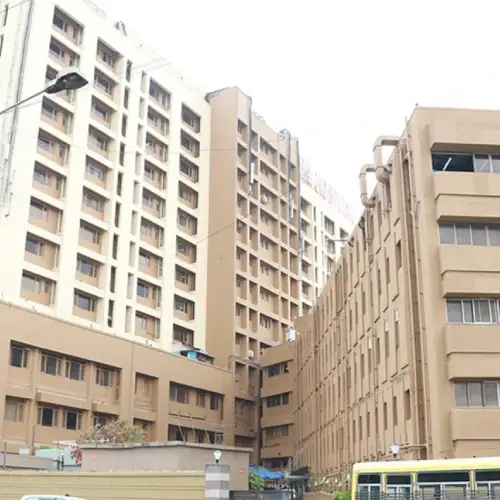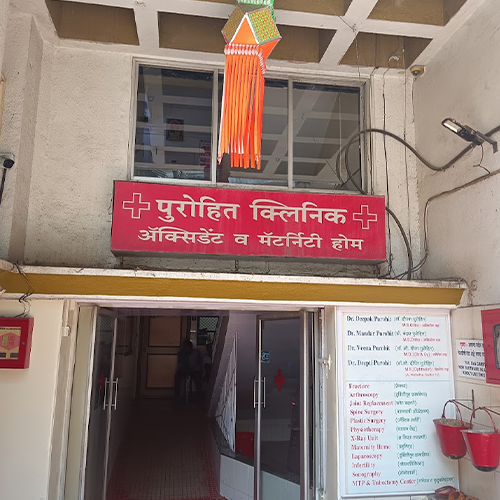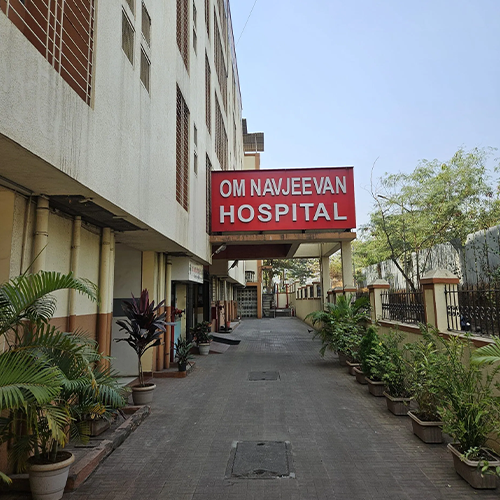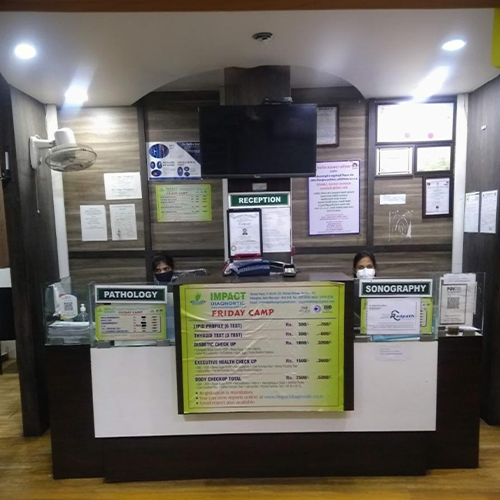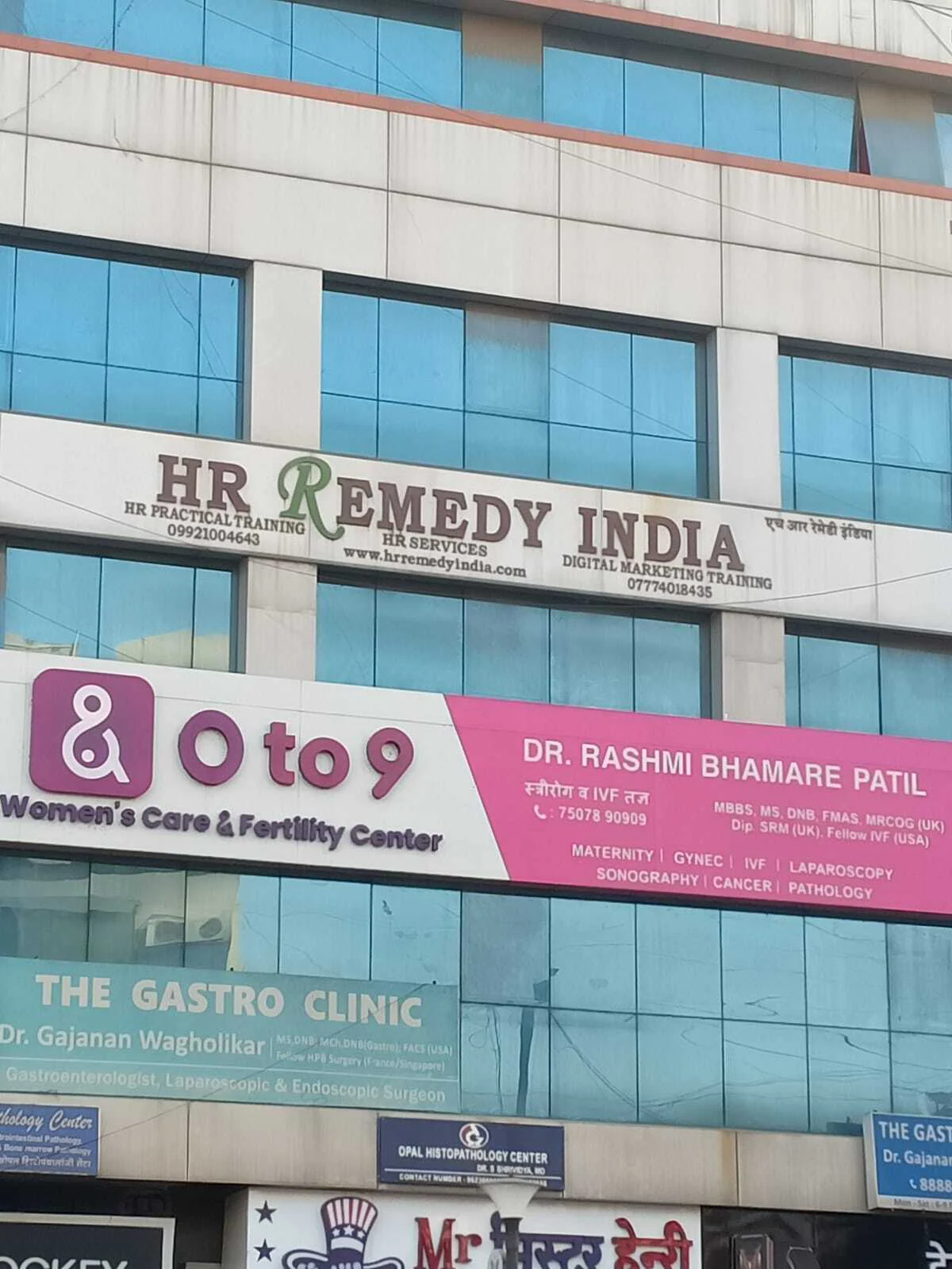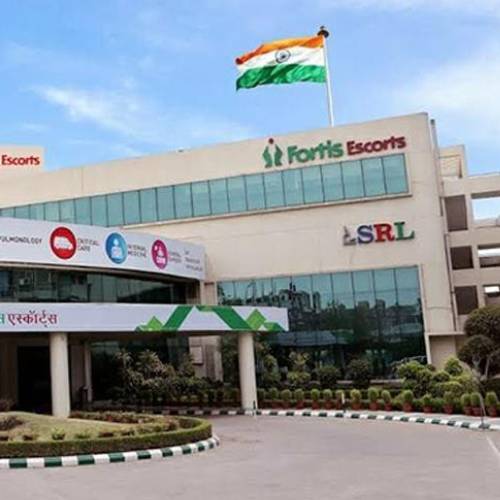Corneal Transplant
Corneal Transplant
What is a Corneal Transplant?

A corneal transplant, also known as keratoplasty, is a surgical procedure where a damaged or diseased cornea is replaced with donated corneal tissue. The cornea is the clear, dome-shaped surface that covers the front of the eye and plays a crucial role in focusing vision. When the cornea becomes cloudy, scarred, or otherwise compromised, it can significantly impair vision.
Who may need a Corneal Transplant?
A corneal transplant may be necessary for individuals whose corneas are damaged or diseased to the extent that their vision is significantly impaired and cannot be improved with other treatments. Common conditions that may require a corneal transplant include:
- Keratoconus: This is a progressive eye disease where the cornea thins and bulges into a cone shape, causing distorted vision.
- Corneal Scarring: Scars from infections (like herpes simplex virus), injuries, or previous eye surgeries can cause opacity in the cornea, leading to vision loss.
- Corneal Ulcers or Infections: Severe or recurrent corneal ulcers, particularly those that do not respond to medical treatment, can lead to significant scarring and vision loss.
Hereditary Corneal Diseases: Genetic conditions affecting the cornea, such as lattice dystrophy or macular dystrophy, which can lead to clouding and vision impairment.
Rejection or Failure of Previous Corneal Transplant: Sometimes, a previously transplanted cornea can fail or be rejected by the body, necessitating a repeat transplant.
- Chemical Burns or Trauma: Severe chemical injuries or physical trauma to the cornea that result in significant damage.
If you have vision impairment due to these conditions, a corneal transplant might be recommended by your surgeon. This procedure can help restore your vision, although you may still need corrective lenses afterward. Additionally, a corneal transplant can alleviate pain associated with eye diseases and problems. Therefore, your doctor might suggest it if you are experiencing vision loss or significant pain.
Preparation Before Corneal Transplant Surgery

Before undergoing a corneal transplant surgery, it’s essential to undergo a comprehensive eye exam and various tests to assess the health of your eyes and confirm the suitability of donor tissue. You may need to make medication adjustments, fast, and arrange transportation. Pre-surgery preparations involve receiving eye drops, avoiding substances like alcohol and smoking, and maintaining good hygiene. On the day of surgery, arrive early and prepare for pre-surgical preparations, including changing into a surgical gown and possibly taking a mild sedative. Emotional and mental preparation is also key, so understanding the procedure and having a support system in place can help alleviate any anxiety.
What does the patient feel during recovery?
During the recovery period after a corneal transplant surgery, patients may experience various sensations and symptoms as the eye heals. These may include:
- Mild pain, a feeling of grittiness, or a foreign body sensation in the eye.
- Increased tear production and redness in the eye as part of the healing process.
- Light sensitivity, especially in bright environments.
- Temporary blurry vision, which can take time to improve as the eye heals.
- Mild to moderate swelling of the eye, which typically subsides as the cornea heals.
- Vision might fluctuate during the early recovery phase.
These sensations are normal during the healing process. Patients should follow their healthcare provider’s advice on post-operative care and attend follow-up appointments to ensure proper healing and to manage any potential complications.
Risk Factors A Patient Might Face After The Surgery
After corneal transplant surgery, patients might face the following risks and complications:
- Immune response against donor cornea.
- Bacterial, viral, or fungal infections.
- Increased eye pressure affects the optic nerve.
- Increased risk of developing cataracts.
- Changes in corneal shape cause blurry vision.
- Swelling affects vision temporarily.
- Loose or uncomfortable stitches.
Precautions to be taken after having a corneal transplant surgery
After having a corneal transplant, it’s essential to follow some precautions to ensure the healing process goes smoothly and avoid complications:
- Use prescribed eye drops and medications to prevent infection and reduce inflammation.
- Wear a shield or glasses to keep the eye safe from injuries, especially in the early healing stages.
- Avoid touching or rubbing the eye, as this can disturb the healing process.
- Avoid stressful activities and heavy lifting for a while to prevent strain on the eye.
- Wash your hands before touching your eye to prevent infection.
How Much Does Corneal Surgery Cost In India?
The cost of corneal surgery in India can vary, ranging from approximately INR 30,000 to INR 2,00,000 or more, depending on the type of procedure and the healthcare facility.
FAQs
A surgical procedure to replace damaged or diseased corneal tissue with healthy donor tissue.
The cost of corneal transplant surgery in India ranges from approximately INR 30,000 to INR 2,00,000 or more.
Corneal transplant surgery in India generally has a success rate of over 90%.
A type of corneal transplant where the entire thickness of the cornea is replaced with donor tissue.
Best Hospitals for Orthopaedic Surgical Oncology in India
Fill this form to get a free quote from best hospitals in India


At MediTours India, we stand as a distinguished leader in the realm of medical tourism, dedicated to transforming your healthcare journey into a seamless and transformative experience. With a commitment to excellence and a focus on your well-being, we pave the way for a new era of medical travel.
Contact Us
Address : C603 Jalaram Park LBS Road. Bhandup West Mumbai -400078 Phone : +91 9820344697 Email : ajit@meditoursindia.in
Copyright by indiameditours 2023. All rights reserved.






